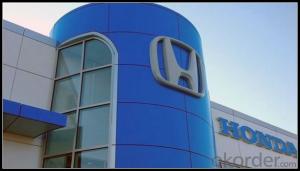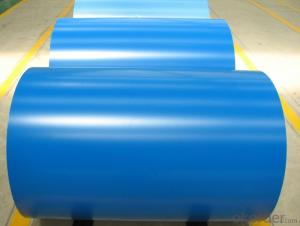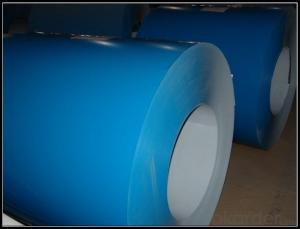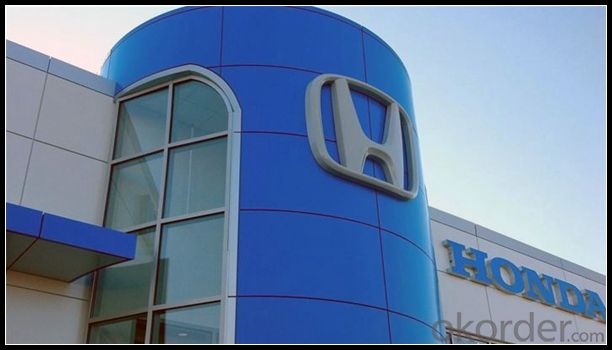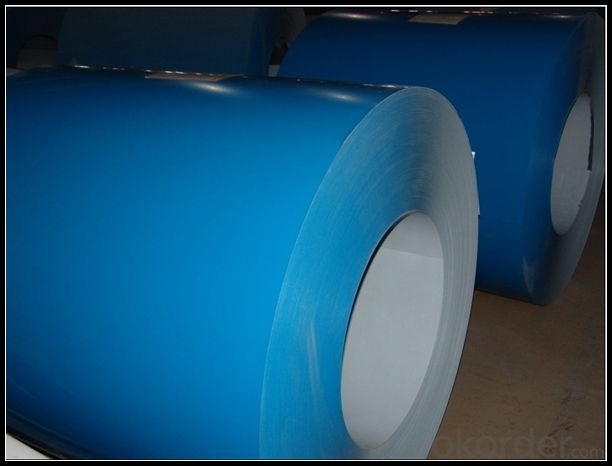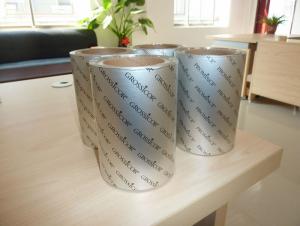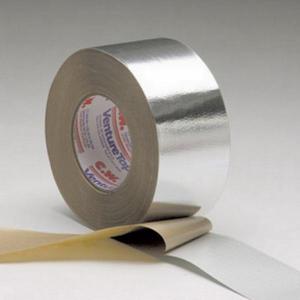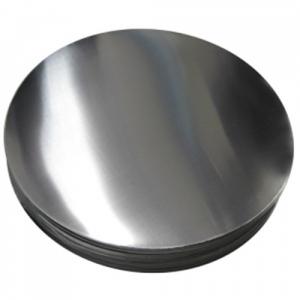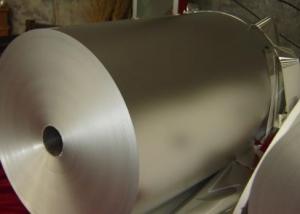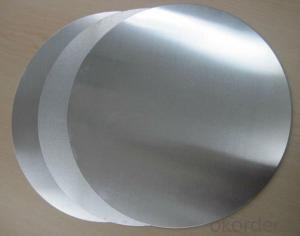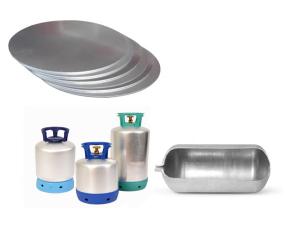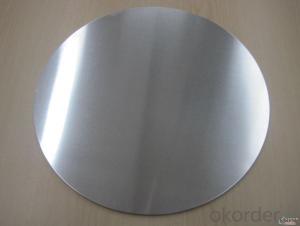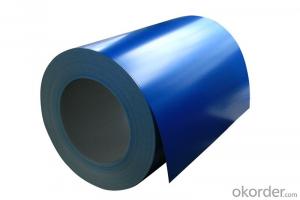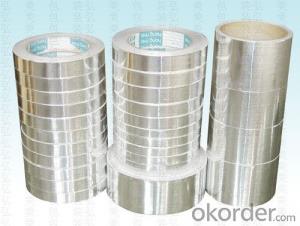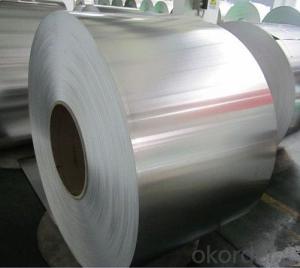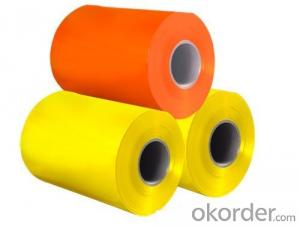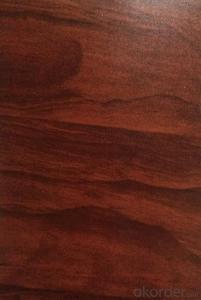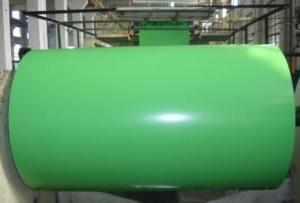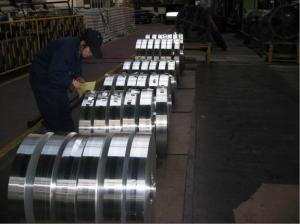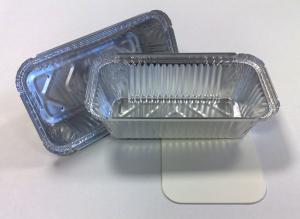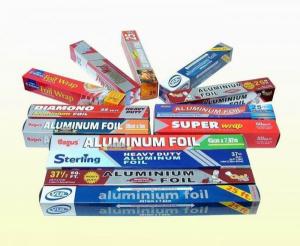Aluminum PE Coated Aluminum Coils for Automotive Industry
- Loading Port:
- Shanghai
- Payment Terms:
- TT OR LC
- Min Order Qty:
- 5 m.t.
- Supply Capability:
- 1000 m.t./month
OKorder Service Pledge
OKorder Financial Service
You Might Also Like
Specification
1. Structure of PE Coated Aluminium Coils for Automotive Industry Description
PE Coated Aluminium Coils for Automotive Industry is one semi-finished aluminium material. This coil can be rolled down to aluminium coil,sheet,circle ect. The alloy AA1050 is widly used in building, industry ect. Its weight is much lower than steel. So many customers choosed aluminium material instead of steel.
2. Specification of PE Coated Aluminium Coils for Automotive Industry
PE Coated Aluminium Coils for Automotive Industry | |
Main Specification | |
Alloy | AA1xxx (AA1050, AA1060, AA1070, AA1100 etc.) |
AA3xxx (AA3003, AA3004, AA3005, AA3105 etc.) | |
AA5xxx, AA6XXX (AA5052,AA5083, AA5754, AA6061, AA6062 etc.) | |
AA8xxx(AA8011, AA8006 etc.) | |
Temper | H14,H16, H18, H22, H24, H26, H32,O/F, T4, T6, T651 |
Thickmess | 0.01mm-100mm |
Width | 30mm-1700mm |
Standard | GB/T 3880-2006/ASTM |
Special specification is available on customer's requirement | |
3. Application of PE Coated Aluminium Coils for Automotive Industry
(1).Interior: wall cladding, ceilings, bathrooms, kitchens and balconies, shutters, doors...
(2).Exterior: wall cladding, facades, roofing, canopies, tunnels,column covers , renovations...
(3).Advertisement: display platforms, signboards, fascia, shop fronts...
4. Feature of PE Coated Aluminium Coils for Automotive Industry
Surfact Quality :
Be free from Oil Stain, Dent, Inclusion, Scratches, Stain, Oxide Dicoloration, Breaks, Corrosion, Roll Marks, Dirt Streaks and other defect which will interfere with use,
Mechenical Property:
Chemical Composite and Mechanical Property
5. Certificate of PE Coated Aluminium Coils for Automotive Industry
SGS and ROHS(if client request, paid by client), MTC(plant provided), Certificate of Origin(FORM A, FORM E, CO), Bureau Veritas and SGS (if client request, paid by client), CIQS certificate
6. Image of PE Coated Aluminium Coils for Automotive Industry
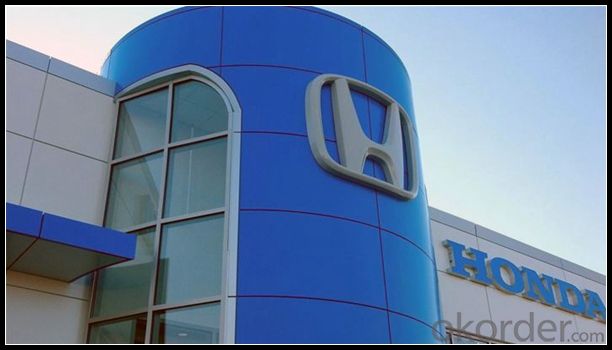
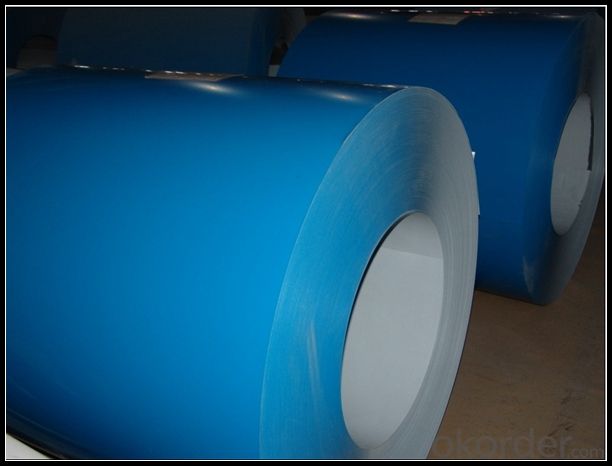
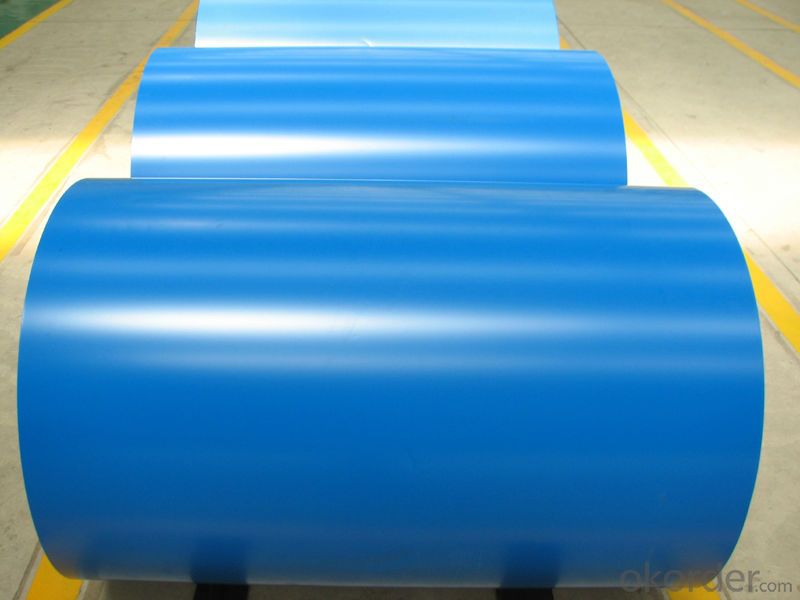
7. Package and shipping of PE Coated Aluminium Coils for Automotive Industry
First, plastic cloth with drying agent inside; Second, Pearl Wool ; Third, wooden cases with dry agent , fumigation wooden pallets, aluminum surface could cover blue PVC film
8. FAQ
1) What is the delivery time?
Depends on actual order, around 20 to 35 days
2) What is the QC system:
We have QC staff of 20 persons and advanced equipment, each production is with MTC traced from Aluminum ingot lot.
3) What market do you mainly sell to?
Australia, America, Asia, Middle East, Western Europe, Africa etc
- Q: This question asks for an enumeration of different types of aluminum alloys.
- <p>Aluminum alloys are categorized based on their primary alloying elements and their applications. Some common types include: 1) 1000 series (99% pure aluminum), 2) 2000 series (alloyed with copper), 3) 3000 series (alloyed with manganese), 4) 4000 series (alloyed with silicon), 5) 5000 series (alloyed with magnesium), 6) 6000 series (alloyed with magnesium and silicon), and 7) 7000 series (alloyed with zinc). These alloys have various properties, making them suitable for different industries such as aerospace, automotive, and construction.</p>
- Q: What other applications can aluminum be utilized for in the manufacturing industry besides common uses?
- <p>Aluminum has a wide range of alternative uses in manufacturing due to its lightweight, corrosion resistance, and strength. It is used in the automotive industry for car parts to reduce weight and improve fuel efficiency. In aerospace, aluminum is crucial for aircraft construction due to its strength-to-weight ratio. It's also used in the construction of buildings for window frames, roofing, and facades. In the packaging industry, aluminum is used for food and beverage cans, as well as pharmaceutical blister packs. Additionally, aluminum is utilized in electrical components like wiring and transformers due to its excellent conductivity. It's also found in various consumer goods, such as bicycles, sports equipment, and electronic devices.</p>
- Q: Is it possible to recycle old aluminum products and use them to create new aluminum products?
- <p>Yes, old aluminum products can be recycled and reused to make new ones. Recycling aluminum is a highly efficient process that conserves resources and energy. The recycling process involves melting down the old aluminum, which requires significantly less energy compared to extracting aluminum from raw materials. This makes aluminum one of the most recycled materials in the world, with a closed-loop recycling system that allows for continuous reuse without significant loss in quality.</p>
- Q: This question asks for the benefits or positive attributes that aluminum has compared to other types of metals.
- <p>Aluminum offers several advantages over other metals, including its low density, which makes it lightweight and ideal for applications requiring reduced weight. It also has excellent corrosion resistance, protecting it from rust and other forms of degradation. Aluminum is highly malleable and ductile, allowing it to be easily shaped into various forms. It has high thermal and electrical conductivity, making it suitable for heat exchangers and electrical wiring. Additionally, aluminum is abundant and relatively inexpensive compared to other metals, and it is fully recyclable with minimal loss in quality, contributing to its sustainability.</p>
- Q: This question asks for the typical origins of aluminum in the environment.
- <p>Aluminum is the most abundant metal in the Earth's crust, and it is widely present in the environment. Common sources include: 1) Natural weathering of rocks and soil, which releases aluminum into the environment. 2) Industrial processes such as aluminum production, which can release aluminum into the air and water. 3) Food and water, where aluminum can be found naturally or as a result of contamination. 4) Household products like aluminum foil, cans, and cookware, which can contribute to aluminum exposure. 5) Medications and vaccines, which sometimes contain aluminum as an adjuvant. 6) Cosmetics and personal care products, which may contain aluminum compounds. These sources contribute to the overall aluminum exposure in the environment and to humans.</p>
- Q: Is it possible to use aluminum as a fuel source?
- <p>Aluminum can be used as a fuel in certain applications, particularly in the form of aluminum powder. It has a high energy density and burns at high temperatures, making it suitable for solid rocket propellants and thermite reactions. However, it is not commonly used as a traditional fuel like gasoline or coal due to its reactivity and the challenges in handling and storage. Aluminum combustion also produces aluminum oxide, which can be harmful to the environment if not managed properly.</p>
- Q: Can aluminum be recycled repeatedly without losing its quality or strength?
- <p>Yes, aluminum can be recycled multiple times without significant degradation in quality or strength. The recycling process retains most of its original properties, making it one of the most sustainable materials. Each recycling cycle does not diminish its performance, unlike some other materials. This characteristic makes aluminum a valuable resource in reducing waste and conserving energy.</p>
- Q: What is the primary application of aluminum in various industries and everyday life?
- <p>Aluminum is most commonly used in the manufacturing of cans and packaging materials due to its lightweight, corrosion resistance, and recyclability. It is also extensively used in construction for window frames, roofing, and facades. In transportation, aluminum is a key material in the production of vehicles, particularly in the aerospace industry for aircraft and automotive industry for car bodies, due to its strength-to-weight ratio. Additionally, it is used in electrical components and electronics due to its good conductivity and malleability.</p>
- Q: Describe the process of manufacturing aluminum from its raw materials to the final product.
- <p>The manufacturing process of aluminum involves several key steps. Initially, bauxite ore, the primary source of aluminum, is mined. The ore is then crushed and washed to remove impurities. Next, the bauxite is processed through the Bayer process, which involves digestion in a caustic soda solution to produce a solution of sodium aluminate. This solution is then seeded with aluminum hydroxide, causing crystals to form, which are then filtered out, washed, and calcined to produce aluminum oxide, also known as alumina. Finally, in the Hall-H茅roult process, alumina is dissolved in a cryolite bath and electrolyzed to extract pure aluminum. This process involves passing an electric current through the bath, causing aluminum ions to be reduced and collected at the cathode as molten aluminum, which is then tapped off and cast into various forms for use in manufacturing.</p>
- Q: Is it possible to utilize aluminum in the construction of building materials?
- <p>Yes, aluminum can be used to make building materials. It is known for its lightweight, high strength, and resistance to corrosion, making it ideal for various construction applications. Aluminum is commonly used in window frames, roofing materials, facades, and structural components. Its durability and recyclability also contribute to its popularity in sustainable building practices.</p>
Send your message to us
Aluminum PE Coated Aluminum Coils for Automotive Industry
- Loading Port:
- Shanghai
- Payment Terms:
- TT OR LC
- Min Order Qty:
- 5 m.t.
- Supply Capability:
- 1000 m.t./month
OKorder Service Pledge
OKorder Financial Service
Similar products
Hot products
Hot Searches
Related keywords
